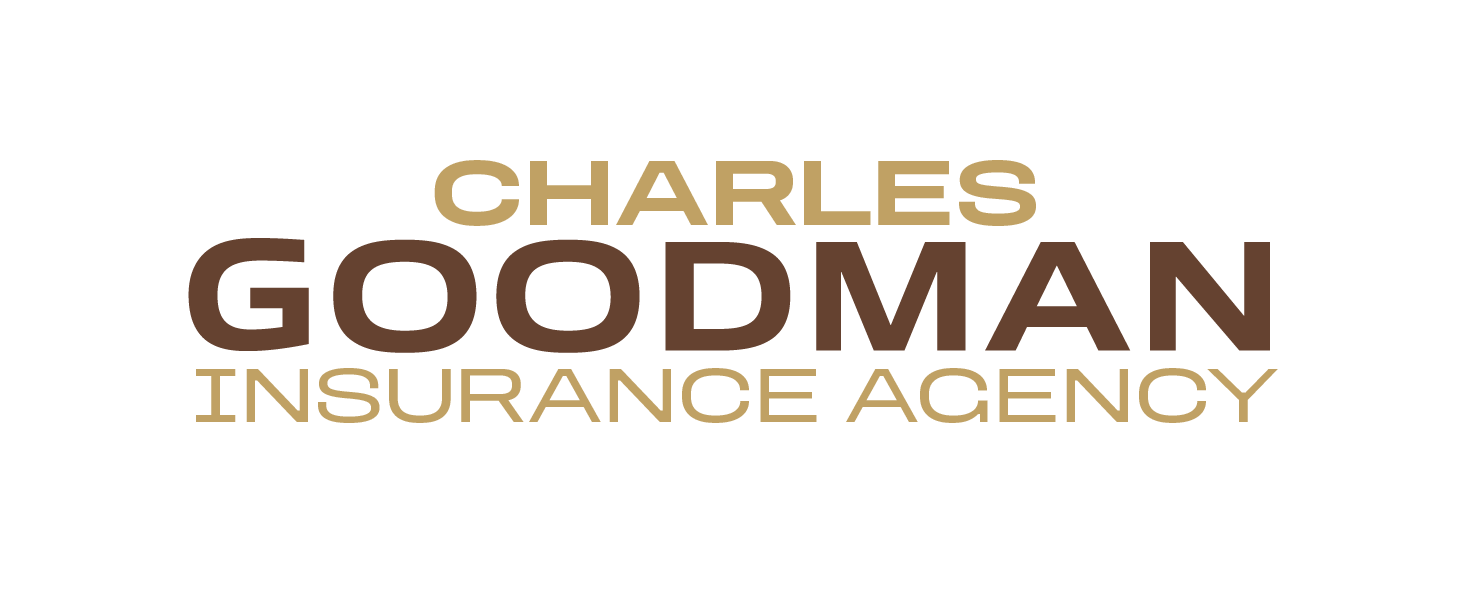Charles Goodman Group: Trustworthy Insurance Agents of Chappaqua
During the underwriting process, it is a good idea to ask a Chappaqua insurance agent about the insurance to value ratio of the policy. This term defines the relationship between the policy purchased and what it will cost to replace lost property. It is essential that homeowners have a clear understanding of how much insurance they have opposed to what the value of the items they are looking to replace is. If they do not have this clear in mind and they have a total loss, it is possible that the actual price to replace the home or damaged property will be more expensive than what the policy will cover. The homeowner will be responsible to cover the difference out-of-pocket.
After major disasters, such as tornadoes, tsunamis, and wildfires, the demand for building materials and labor skyrockets. The price of these commodities will increase drastically. This will obviously affect how much it will cost to replace a damaged or destroyed home. When creating an insurance policy, this increase in services should be factored in.
Many policies require that a home be insured for at least 80 percent of its replacement cost. If not, the homeowner may face a coinsurance penalty.
Other limits within the policy are dependent on the dwelling coverage amount. For example, a homeowner will only receive coverage up to 50 percent of the dwelling limit for any personal property that is lost in a disaster.
The insurance agent experts at the Charles Goodman Group of Chappaqua can assist you with any questions regarding automobile insurance or life insurance.
They may purchase an endorsement that will provide additional coverage. However, this will usually increase the policy’s price substantially.
Only homeowners who have ensured their property to at least 80 percent will be eligible for replacement cost coverage. In the event of a total loss, their insurance policy will cover the entire cost of replacing their home.
Some insurance companies allow policyholders to purchase an endorsement that will provide them with full coverage to replace their property when there is a total loss. It is usually required that the property be insured to 100 percent of the replacement cost. As long as this requirement is satisfied, even if the cost to replace the home is more than the policy limits due to a miscalculation on the homeowner’s part or to rising prices because of increased demand, the replacement price will be covered.
In addition to standard homeowner insurance policies, there is optional coverage available. These include coverage to pay for upgrades connected to new building codes, changes in the homeowner’s association policies, and coverage for optional perils. Homeowners should make themselves familiar with their policy and guarantee that their policy is providing them with sufficient protection.
